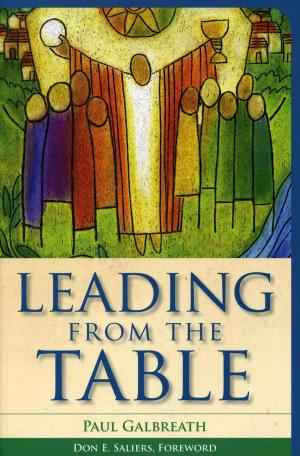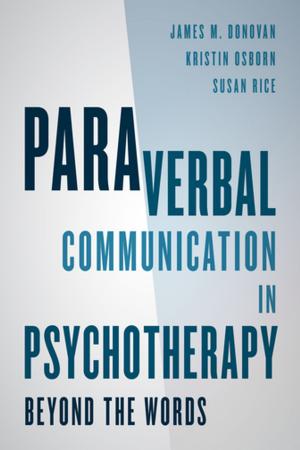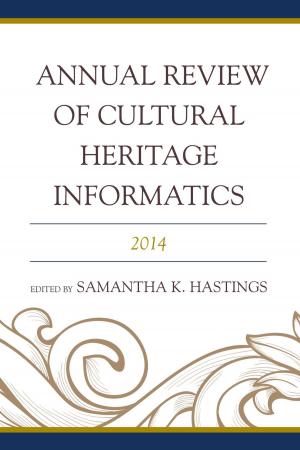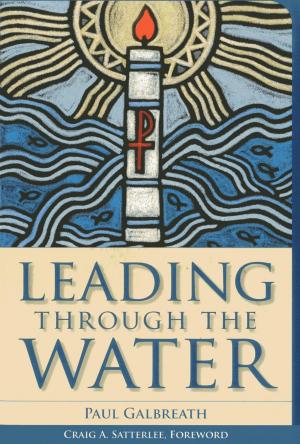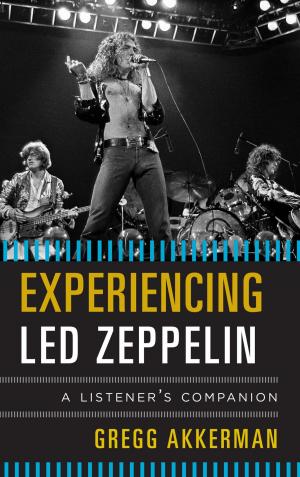What’s the Right Thing to Do?
Promoting Thoughtful and Socially Responsible Behavior in the Early Childhood Years
Nonfiction, Reference & Language, Education & Teaching, Student & Student Life, Preschool & Kindergarten, Educational Theory, Philosophy & Social Aspects| Author: | Selma Wassermann | ISBN: | 9781475848588 |
| Publisher: | Rowman & Littlefield Publishers | Publication: | May 24, 2019 |
| Imprint: | Rowman & Littlefield Publishers | Language: | English |
| Author: | Selma Wassermann |
| ISBN: | 9781475848588 |
| Publisher: | Rowman & Littlefield Publishers |
| Publication: | May 24, 2019 |
| Imprint: | Rowman & Littlefield Publishers |
| Language: | English |
Making choices is one of the more pervasive acts of life. Almost every action we take demands that choices be made. Knowing how to choose wisely, to choose after reflection, to be aware of what motivates that choice, to see the consequences of that choice on others enables us to live healthier, more productive and more responsible lives.
We now live in a world in which our traditional moral exemplars have been less than honorable in their public behavior. With fewer “heroes” and flawed role models, how are children to come to an understanding of what’s right, what’s good, decent and socially responsible? “Do as I say, not as I do” is hardly a viable tenet to guide children’s choices.
This book offers important tools for carrying out effective strategies that build caring environments in the classroom and home; for teaching children to weigh decisions in the face of potential consequences, examine rationales for their choices, and study the effects of their choices on others, i.e., to think more carefully about ethical problems, in the presence of the moral freedom to determine for themselves what it means to lead a good and virtuous life.
Making choices is one of the more pervasive acts of life. Almost every action we take demands that choices be made. Knowing how to choose wisely, to choose after reflection, to be aware of what motivates that choice, to see the consequences of that choice on others enables us to live healthier, more productive and more responsible lives.
We now live in a world in which our traditional moral exemplars have been less than honorable in their public behavior. With fewer “heroes” and flawed role models, how are children to come to an understanding of what’s right, what’s good, decent and socially responsible? “Do as I say, not as I do” is hardly a viable tenet to guide children’s choices.
This book offers important tools for carrying out effective strategies that build caring environments in the classroom and home; for teaching children to weigh decisions in the face of potential consequences, examine rationales for their choices, and study the effects of their choices on others, i.e., to think more carefully about ethical problems, in the presence of the moral freedom to determine for themselves what it means to lead a good and virtuous life.


